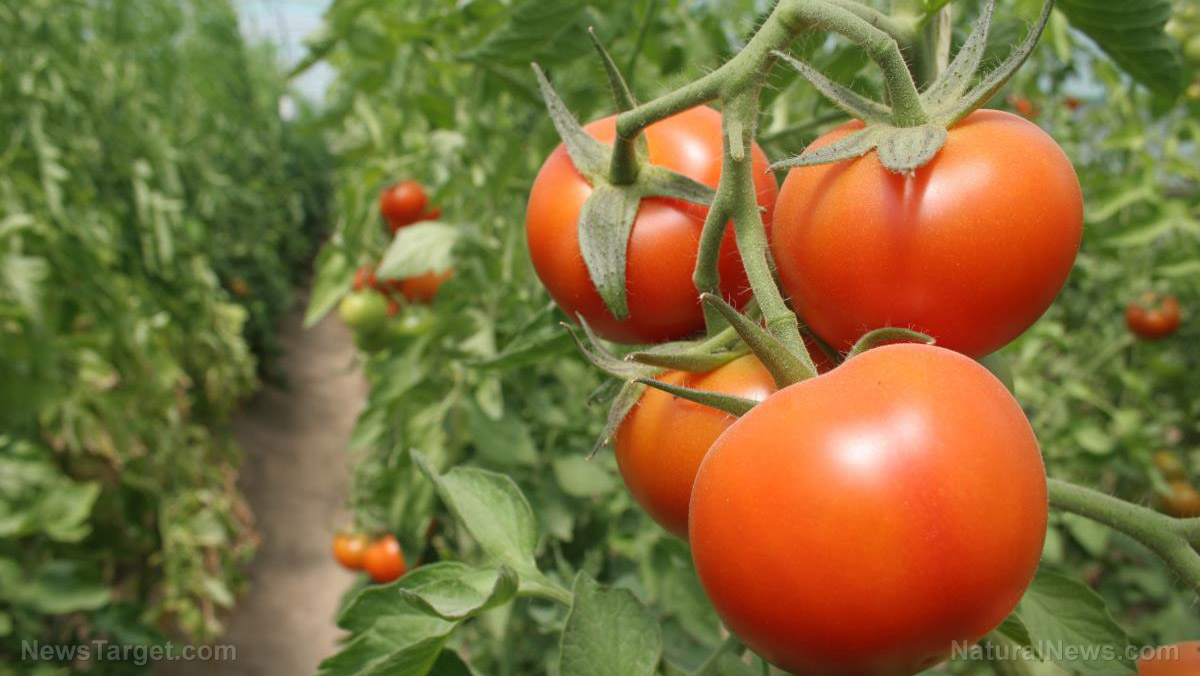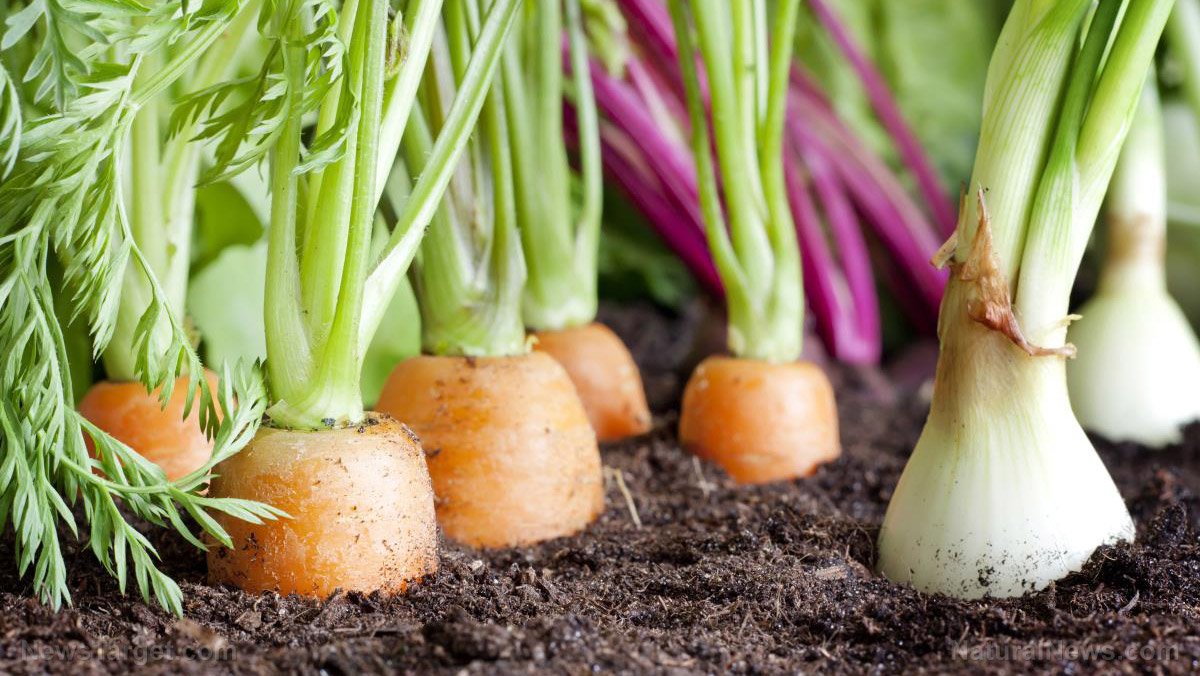
Advertisement
The global food shortage is about to explode into a full-blown crisis that will lead to pockets of mass starvation and will even affect first-world countries around the globe.
That’s because the vast majority of ammonia production in Europe, which is a key ingredient in the production of fertilizer, has been taken offline, according to reports, thanks to the spiraling cost of natural gas.
Most of the continent’s liquified natural gas (LNG) came from Russia, but after the invasion of Ukraine, Western nations began sanctioning Moscow and that included ending purchases of inexpensive energy. As such, LNG prices have skyrocketed on the European continent, making ammonia production too costly.
“Ammonia prices, though volatile, rose 15% in 3Q and could climb higher as Europe’s record gas prices curtail output and send ammonia producers to the global market in search of replacement supplies to run upgrade facilities — with winter still around the corner,” Bloomberg Intelligence’s Alexis Maxwell wrote in a note.
According to Fertilizers Europe, which represents the top regional producers, as much as 70 percent of production is now offline, and that is certain to exacerbate the existing food shortages.
“The current crisis begs for a swift and decisive action from EU and national policymakers for both energy and fertilizer market,” Jacob Hansen, director general of Fertilizers Europe, said in a statement.
Producers including Yara International ASA, CF Industries, and Borealis AG in Norway recently dramatically curbed or even halted production after European LNG prices rose to a record 343 euros per megawatt hour, which exceeded the plants’ ability to economically produce their product.
“We confirm we are reducing and stopping production of some fertilizer plants in the different EU sites and this for economic reasons,” a spokesperson for Borealis AG said.
The benchmark natural gas price in Europe soared again by nearly one-third as Russian supplies to Europe through the Nord Stream 1 pipeline were cut to just 20 percent over the summer and now face a temporary halt for three days beginning Aug. 31.
Meanwhile, the regional fertilizer association is now warning as well that the shortage of ammonia production will impact several sectors across the European economy, but food will be impacted the most, of course.
“We are extremely concerned that as prices of natural gas keep increasing, more plants in Europe will be forced to close. This will switch the EU from being a key exporter to an importer, putting more pressure on fertilizer prices and consequently affecting the next planting season,” Maximo Torero, chief economist at the United Nations Food and Agriculture Organization, said.
The closure of fertilizer producers across Europe lifted Mosaic and CF Industries as some of the top advancers in the S&P 500 Index on Friday, rising 16% and 15%, respectively, on the week.
Bloomberg Intelligence’s Maxwell said “cascading supply-side shocks” could keep fertilizer prices elevated well into 1H23 and may pressure farmers in the upcoming growing season, adding to even more food inflation as less fertilizer equals smaller harvests.
In addition, the outlet reminded readers that in recent months, the world’s largest fertilizer company — Canada-based Nutrien Ltd. — warned that shortages of the product will most likely extend into 2023.
CEO Ken Seitz told investors in May that “the conflict plus Western sanctions on Russia and Belarus has reduced fertilizer supply on global markets and could reshape crop nutrient trade, thus creating even more supply uncertainty,” Zero Hedge reported separately.
It is becoming more obvious that the global food shortage is about to explode into a global food crisis, as a lack of fertilizer production leads to fewer acres planted and, of course, less food cultivated, grown, and produced.
The world is on the edge of a food catastrophe, and we can thank the lockdowns and Russia’s invasion of Ukraine for it.
Sources include:
Advertisements







